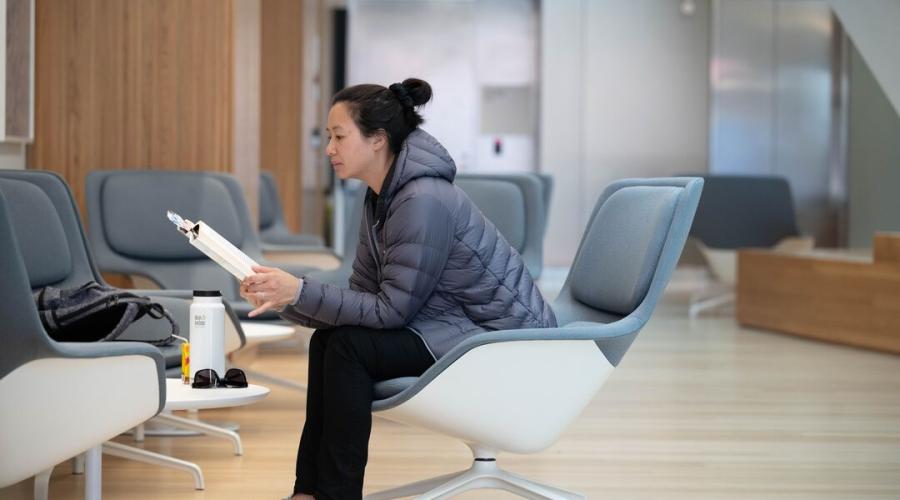
Discussing Autopsy and Donation Options Can Help Parents Grieve Newborn Loss
How can clinicians best support parents through the unique pain of losing a baby?
Elizabeth Crouch, MD, PhD, assistant professor of pediatrics in the Division of Neonatology, says that “parents of babies who pass away have few opportunities to make loving decisions for their child. Conversations about autopsy, organ donation, and research donation, while difficult, can offer them a meaningful parenting experience.”
Crouch and a team of nurses, grief specialists and physicians recently partnered with a local support group, Helping After Neonatal Death (HAND), to learn from parents about their experience with autopsies and tissue donation following neonatal loss.
The results, published in JAMA Network Open, show that while autopsy or donation may not be the right decision for every family, knowing what options are available can help parents find meaning in the situation, a central component of grief processing. Some parents expressed regret about not being informed what options were available to them, a common occurrence due to a lack of standard processes and trainings for clinicians to best initiate the conversation at an appropriate time.
Creating a Legacy for the Child
During focus groups to discuss their experiences, parents spoke about how an autopsy or a tissue donation for scientific purposes can create an opportunity for the child to be a positive influence and affect others.
One parent spoke about how they were told that five researchers would be receiving their daughter’s samples to study autism and other neurological disorders: “All the stuff that her life would contribute to… it put it in real terms of, okay, this is meaningful.”
Another parent discussed their difficulties speaking about their baby among friends and other families, which brought additional isolation and sadness. Crouch explains that “organ or research donation gives families a different way to remember and talk about their loved child.”
Parents who proceeded with an autopsy were comforted knowing experts would review the case and potentially improve practices. Findings from the autopsy helped explain their loss and informed future family planning. For some, even negative findings provided a sense of closure. For others, they felt their child’s story was complete without the autopsy.
Crouch says that the responses by parents demonstrate that clinicians need to understand the educational value of autopsy and whether organ and research donations are possible in the baby’s situation. “Our study includes a recommended framework (in Figure 2) for integrating posthumous decision-making as a natural part of holistic and compassionate end-of-life care.”
Preparing Care Teams
The general lack of standard processes and training for clinicians to lead these discussions has resulted in inequities in which families are given a chance to choose the best option for them. Some clinicians are appropriately concerned about retraumatizing families with rushed or insensitive conversations and completely avoid the topic. Ultimately, communication emerged as the most salient theme throughout the research.
Compassion, empathy, and timing are all key for a supportive environment, and healthcare workers need to be empowered by written materials and trainings to respond individually to a range of family needs and adjust their communication accordingly.
Crouch says that comprehensive programs for people who experience neonatal loss could greatly benefit both clinicians who face communication challenges in navigating these conversations and isolated families who typically only receive a single follow-up phone call as standard care.
Additional co-authors from UCSF include William Bartrug, MA, BSN, NICU nurse, Dawn Gano, MD, MAS, associate professor of Neurology and Pediatrics, Summer Segal, PhD, MS, grief and loss specialist, and Linda Franck, RN, PhD, professor of Nursing.
